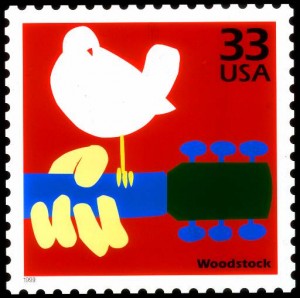The Massachusetts Library Association (MLA) presented the 19th Biennial Public Relations Awards to the winning applicants at the Association’s Annual Conference at the MassMutual Center in Springfield, Massachusetts. Winners were chosen by a panel of independent judges from the public relations, press, and library fields. Evaluation criteria included graphic design, originality, and presentation. Over 100 entries were submitted.
Northeastern University Libraries received First Prize for two entries, the Libraries’ 2008 Annual Report and a poster for the Meet the Author program, “My African Horse Problem,” featuring Northeastern University Professor William Miles. Maria Carpenter, Director of Advancement and Marketing, and Emily Sabo, Advancement and Marketing Assistant, were presented with a certificate by MLA Public Relations Committee Co-Chairs at the Public Relations Awards Ceremony. Carpenter said “It is an honor to receive recognition for the collective efforts by many,” upon learning about the award.
The annual report was created by Heather Stirling, Rebecca Merz, Emily Sabo, Michael Silva, Maria Carpenter, with assistance from Bruce Ployer and Denis Skarep. Photos were by Tom Kates, Craig Bailey, and members of the Libraries’ Programming and Communications Committee. The poster was designed by Heather Stirling, who is a undergraduate student at Northeastern and was a recent graphic design co-op at Northeastern University Libraries.
